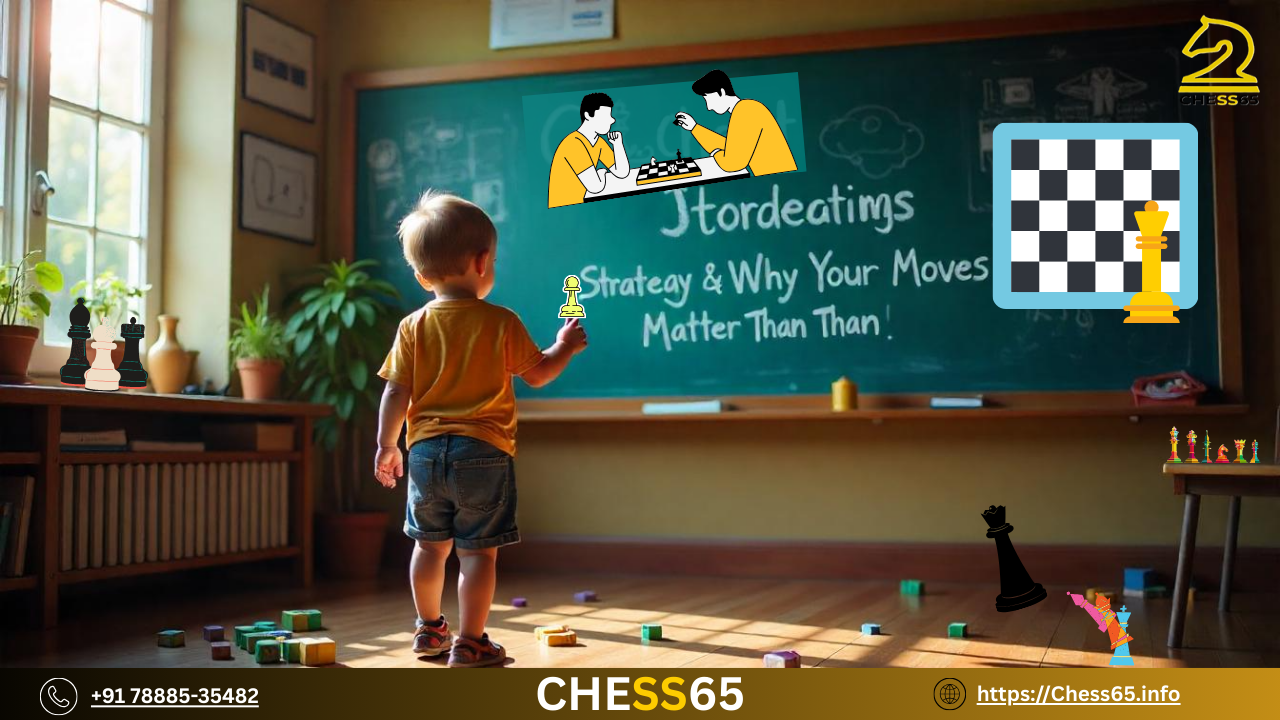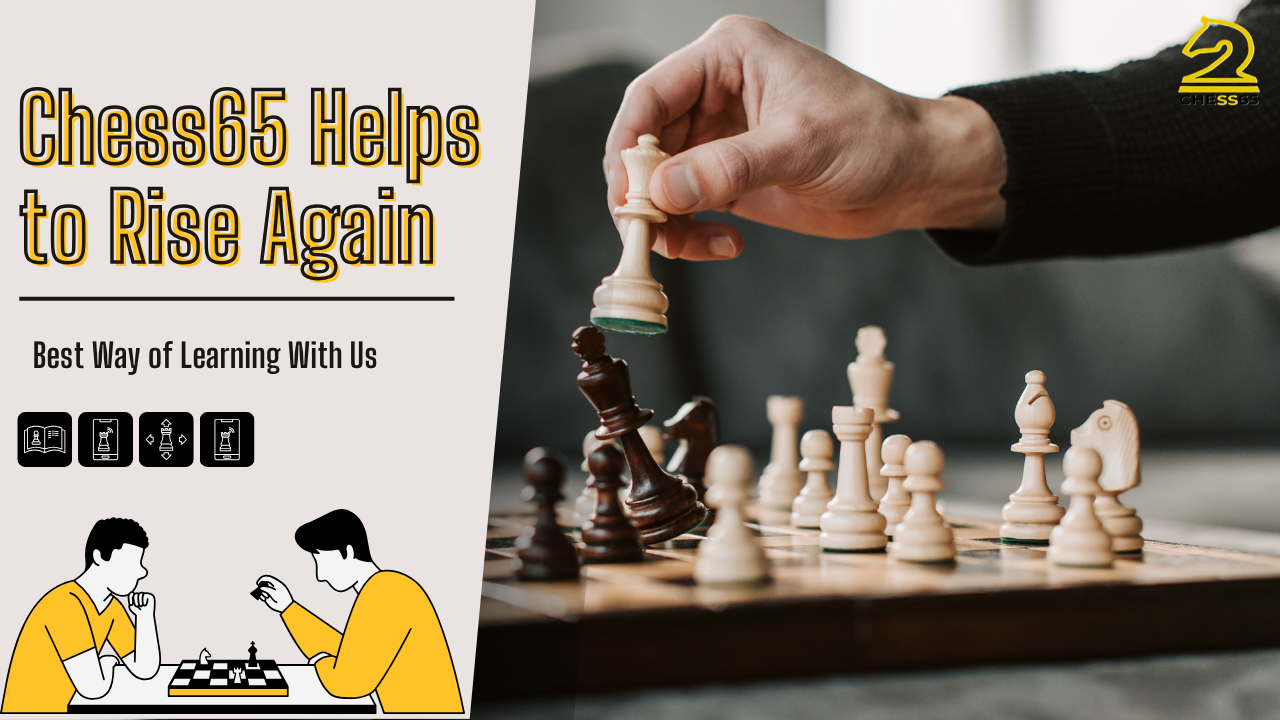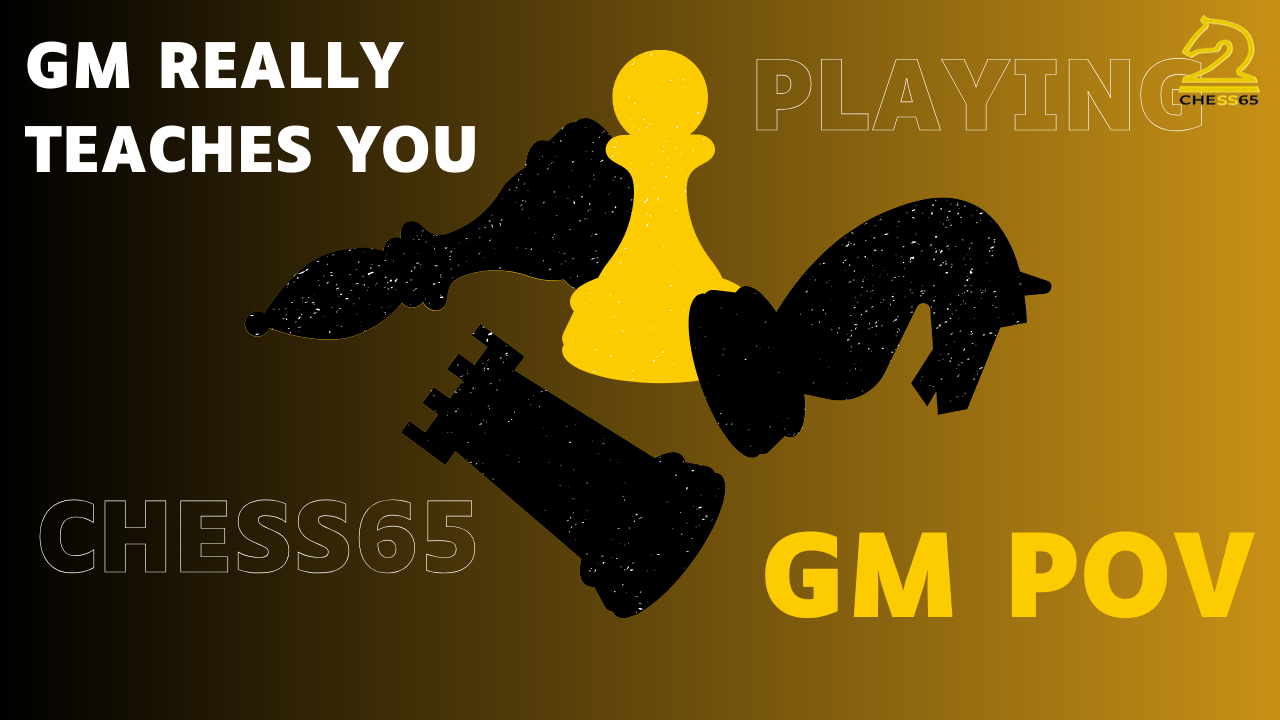At Chess65, we believe in the power of chess to unlock new mental strengths and abilities. Learning chess isn’t just about playing a game; it's about developing essential cognitive skills that benefit every aspect of life.
Chess helps develop the ability to see from someone else’s perspective, which is crucial in building empathy and understanding. By learning to anticipate an opponent’s next moves, players enhance their ability to understand different viewpoints, a skill that’s valuable both on and off the board.
When you dive into the game, your memory gets a serious boost. Chess requires memorizing various combinations of moves, and over time, players improve not only their visual recognition skills but also their auditory memory. It’s a fantastic way to exercise and sharpen your memory in a fun and engaging way.
One of the most rewarding aspects of chess is that it can put you in a “flow” state, a condition of complete focus where time seems to vanish. In this state, you're at your peak performance level, fully immersed in the game, and all distractions fade away.
Chess is also an incredible way to elevate creativity. By engaging with abstract patterns and coming up with new strategies, chess players improve their creative thinking. It challenges you to think differently and see the world in a more innovative light.
Planning skills are another area where chess excels. The game encourages long periods of silent reflection, where you anticipate and plan each move carefully. This ability to think ahead and strategize translates directly into better decision-making and planning in real life.
For those looking to improve self-awareness, chess can be a great tool. Through the game, players can learn about their reactions to stress and challenges, helping to build emotional intelligence. This makes chess a valuable asset in therapeutic and self-development settings.
Research also suggests that chess can help protect against cognitive decline, such as dementia, by exercising the brain’s various mental faculties, including memory, problem-solving, and visual-spatial skills. It’s a fun and engaging way to keep the brain active and healthy as you age.
In addition, for children with ADHD, studies show that regular chess playing can improve attention span and reduce hyperactivity. It provides a structured environment for them to focus their energy on a constructive activity, leading to better outcomes both in and out of the classroom.
Finally, chess is known to help with stress management. The mental challenge of the game can act as a healthy distraction, helping to manage feelings of anxiety and panic. It provides an opportunity for players to refocus their minds on the game and away from stress-inducing thoughts.
At Chess65, we encourage everyone—whether young or old, beginner or expert—to experience these benefits through learning and playing chess. It’s more than just a game; it’s a tool for improving mental well-being, enhancing cognitive function, and fostering personal growth.









